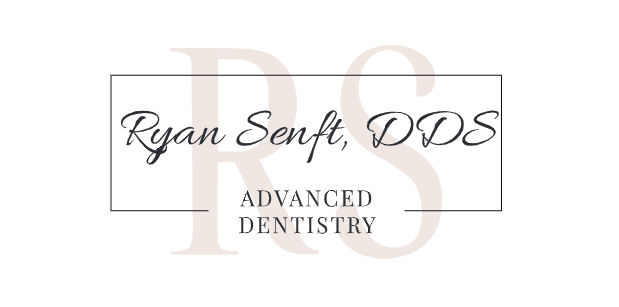Welcome to the office of Ryan Senft, DDS
Beautiful Smiles for a Lifetime
At the office of Ryan Senft DDS, we provide exceptional dentistry to patients with a focus on each individual’s needs and goals. Our Cupertino dentist and our team would be honored to be your dental partners — to work with you on improving and maintaining your oral health and smile.
Meet the Dentist
Skilled Professionals
Dr. Senft and the rest of our team are eager to meet you! We focus on providing you with the personalized quality care you need as we offer exceptional dental care to our clients. We invite you to contact our Cupertino dental office today to learn more about us and to plan your visit.

Our Services
Whatever You Need, We’re Here to Help
As a practice dedicated to the Cupertino community, we believe that preventive care and education are the keys to optimal dental health. We want to help you keep your mouth and teeth healthy and beautiful for life. By teaching you about your specific dental health, and giving you the knowledge to take control of it, we’ll help you achieve an amazing smile.
When it comes to your oral health, no problem is too big or too small.
Our office is warm and inviting, and we do our best to make your appointment as comfortable as possible. We maintain a positive, safe, encouraging atmosphere, where our focus is on you. If there’s ever anything you need, just ask!
COSMETIC DENTISTRY
Your smile is one of your most important features. Dentistry is continually evolving, and with a variety of advanced treatment options, achieving a beautiful, healthy, aesthetic smile is made easy for patients of all ages.
DENTAL IMPLANTS
At Ryan Senft, DDS Advanced Dentistry in Cupertino, our complete in-house solution for dentistry ensures efficiency in both time and cost. Under the guidance of a Master Implantologist certified by the International Congress of Oral Implantologists, patients experience expert care at all stages of oral health.
EMERGENCY DENTISTRY
Dental emergencies are quite frightening and often painful. Prompt treatment is almost always required to alleviate pain and to ensure the teeth have the best possible chance of survival.
GENERAL DENTISTRY
It is crucial for you and your loved ones to visit your general dentist on a regular basis. When you visit your dentist for routine examinations and cleanings, our dental team can catch early signs of decay or even prevent decay from ever occurring.
RESTORATIVE DENTISTRY
During your first dental examination with x-rays, you will be given the opportunity to discuss your dental health and goals. What is important to you, is priority for us. You will be presented with options to meet your dental goals. We offer many different services.
SPECIALTY SERVICES
Why race across town to dentists you don’t know? We provide comprehensive, specialized dental care for your entire family in one familiar place.
Scheduling a visit
We Look Forward to Seeing You
The office of Ryan Senft, DDS is conveniently located in the community of Cupertino, CA, and serves the University District, Fremont, and surrounding communities. To learn how you can achieve exceptional oral health and a beautiful, confident smile, simply call our office or request an appointment online!
Office Location
Ryan Senft, DDS
20445 Pacifica Drive, Suite B
Cupertino, CA 95014
team@ryansenftdds.com
(408) 996-8595





